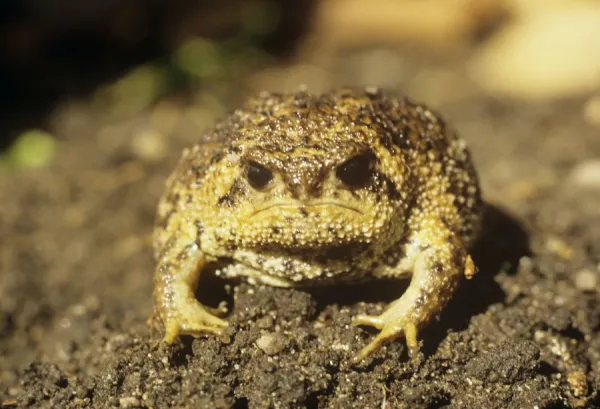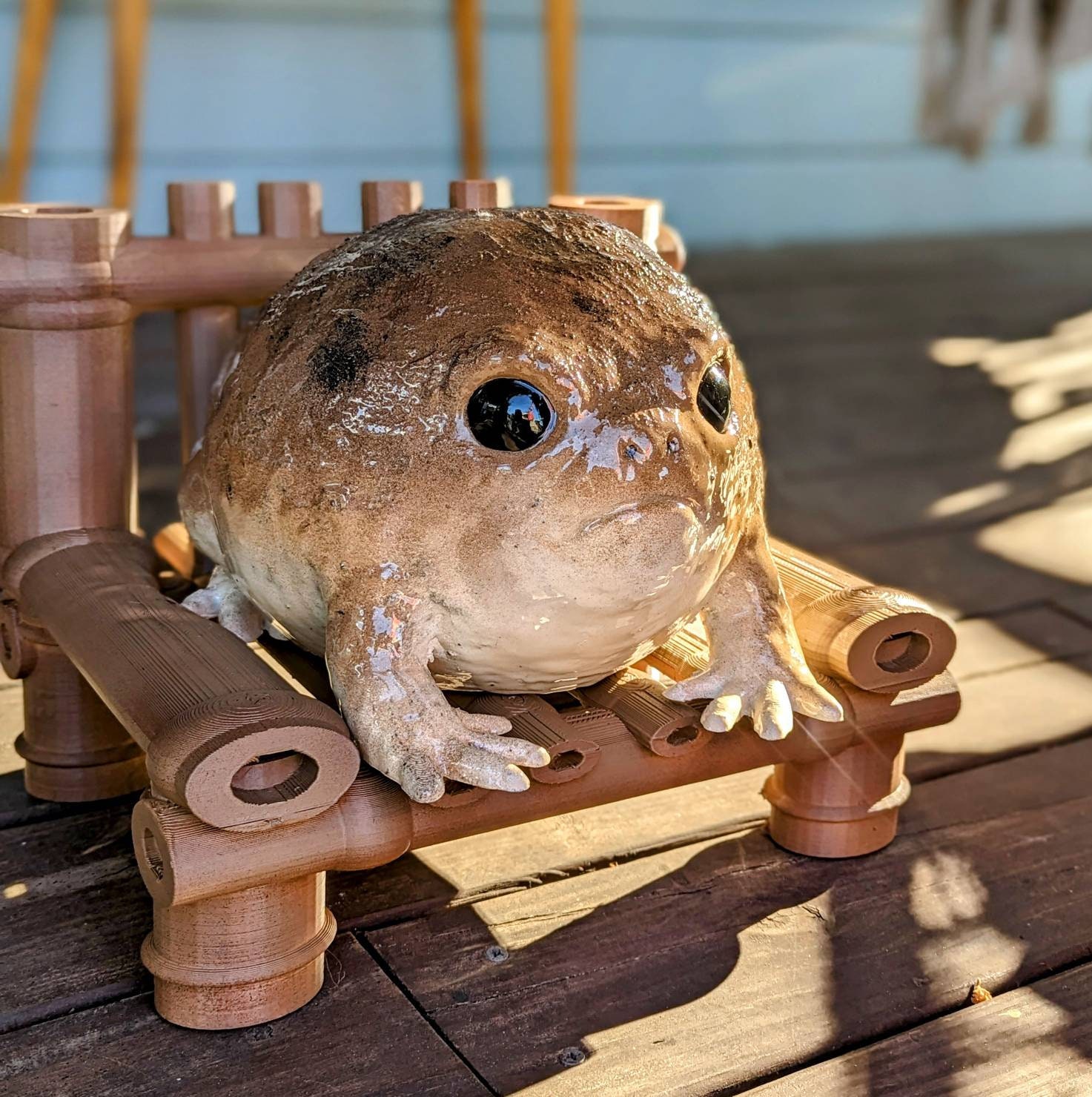Discover Unmatched Beauty: Rain Frog for Sale Waits For to Enhance Your Life!
Discover Unmatched Beauty: Rain Frog for Sale Waits For to Enhance Your Life!
Blog Article
Common Wellness Issues in Reptiles: Signs And Symptoms and Solutions
In the intricate globe of reptile care, recognizing the usual health and wellness concerns that might impact these special animals is paramount in ensuring their wellness. From respiratory infections that can calmly hold to metabolic bone illness that can cripple, reptiles are at risk to an array of conditions that need keen observation and timely intervention. Whether it's coming to grips with parasitic invasions, navigating dehydration problems, or dealing with skin conditions that show up in refined ways, being attuned to the signs and geared up with the understanding of reliable services is necessary for any kind of reptile owner. By diving further into the nuances of these health and wellness concerns and checking out the practical solutions available, one can protect the health and vigor of these remarkable pets.
Respiratory Infections
Breathing infections in reptiles can substantially impact their general health and wellness and require prompt interest from skilled veterinarians. In reptiles, breathing infections can be particularly challenging to detect and treat due to their special makeup and physiology.
Therapy for respiratory system infections in reptiles commonly entails a mix of supportive care, such as preserving correct humidity levels and temperature level gradients in the unit, along with targeted medicine to deal with the certain virus in charge of the infection. It is critical for reptile owners to monitor their animals carefully for any type of indicators of respiratory system distress and look for veterinary treatment at the earliest indicator of a problem. With timely intervention and ideal therapy, many reptiles can recoup completely from respiratory infections and return to typical activities.

Metabolic Bone Condition
What elements add to the advancement of Metabolic Bone Illness in reptiles?
Metabolic Bone Disease (MBD) in reptiles is mainly triggered by an absence of proper calcium, phosphorus, and vitamin D3 degrees in their diet regimen. In addition, insufficient direct exposure to UVB light stops reptiles from manufacturing vitamin D3, which is essential for calcium absorption and bone wellness.
Various other adding variables to MBD include incorrect temperature gradients within the reptile's environment, resulting in reduced metabolic process and impaired calcium absorption. Insufficient moisture levels can likewise influence a reptile's capability to metabolize calcium efficiently. Furthermore, specific reptile varieties have particular dietary needs that, otherwise satisfied, can increase the likelihood of developing MBD. Routine vet examinations, appropriate husbandry techniques, and a balanced diet plan are vital to stop Metabolic Bone Disease in reptiles.
Parasitic Invasions
Parasitic invasions position a significant wellness risk to reptiles, impacting their general health and requiring timely vet interest. Reptiles can be influenced by numerous parasites, consisting of mites, ticks, inner worms, and protozoa. These parasites can create a variety of signs and symptoms, other such as weight reduction, sleepiness, skin inflammation, looseness of the bowels, and also death if left unattended.
One typical bloodsucker located in reptiles is the mite, which can cause skin inflammation, anxiety, and anemia. Ticks are another external bloodsucker that can transfer conditions and trigger pain to the reptile. Internal parasites like worms and protozoa can lead to digestive problems, malnutrition, and weaken the reptile's immune system.
To identify a parasitical invasion, a veterinarian may carry out fecal tests, skin scrapings, or blood tests. Treatment often involves deworming medications, antiparasitic baths, or in severe cases, hospitalization. Preventative measures such as regular vet exams, appropriate hygiene, and quarantine treatments for brand-new reptiles can aid decrease the threat of parasitical problems and make certain the wellness of reptile family pets.
Dehydration and Hydration Issues
Dehydration in reptiles can considerably impact their health and wellness and health, demanding timely treatment and proper hydration monitoring. If left without treatment, dehydration can lead to serious wellness problems and also be fatal to the reptile.
To avoid dehydration, reptile proprietors must make certain that their pet dogs have access to tidy water at all times. The water meal must be big sufficient for the reptile to soak in if required, particularly for types that soak up water with their see post skin. Furthermore, keeping correct humidity levels in the reptile's unit and providing routine bathrooms can help stop dehydration.
In instances of dehydration, it is crucial to look for veterinary care without delay. A vet might provide liquids either by mouth or with shots to rehydrate the reptile. It is important to resolve the underlying reason of dehydration to avoid reoccurrence and make certain the reptile's overall health.
Skin Ailments

Final Thought

Respiratory infections in reptiles can considerably impact their general health and need prompt interest from skilled vets (rain frog for sale). Preventative actions such as routine veterinary exams, proper health, and quarantine treatments for new reptiles can aid minimize the risk of parasitic invasions and additional resources make sure the well-being of reptile pet dogs
If left neglected, dehydration can lead to major wellness concerns and also be deadly to the reptile.
On a regular basis examining your reptile for any type of modifications in skin appearance, color, or appearance can assist in very early discovery and therapy of skin conditions, promoting the total health and wellness and health of your scaly companion. - rain frog for sale
In final thought, reptiles are vulnerable to various health issues such as respiratory system infections, metabolic bone disease, parasitic invasions, dehydration, and skin ailments.
Report this page